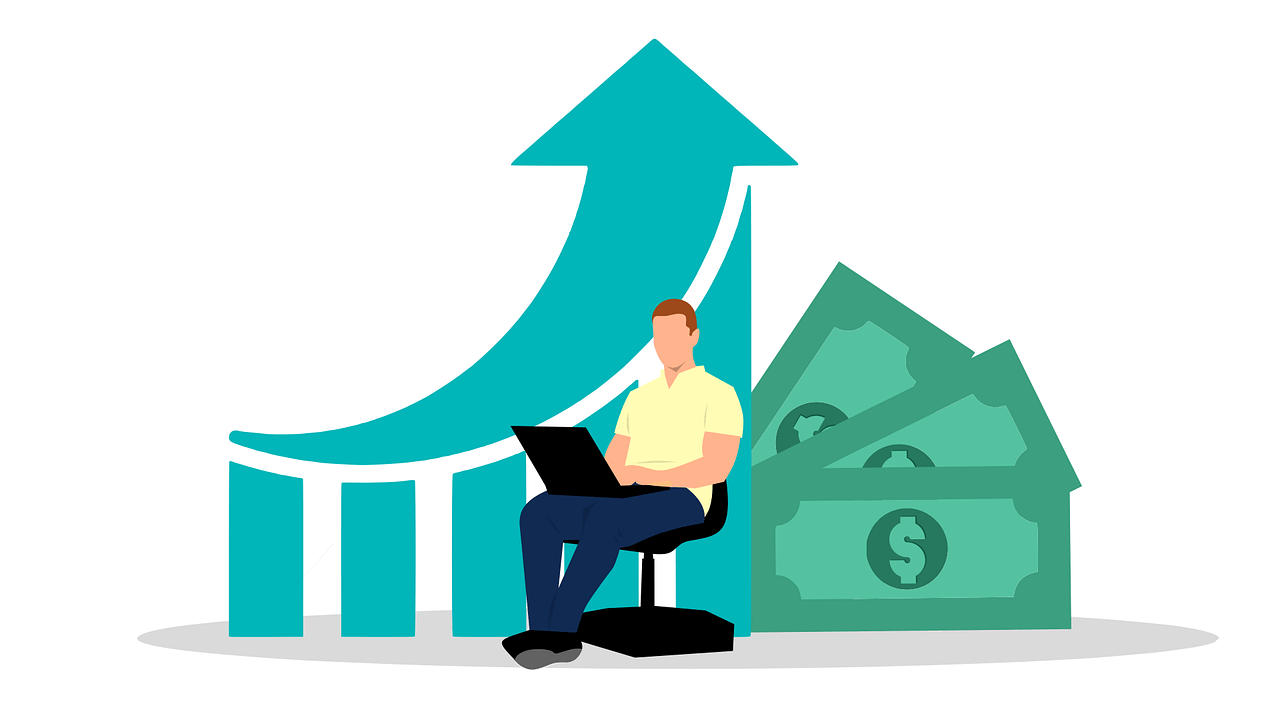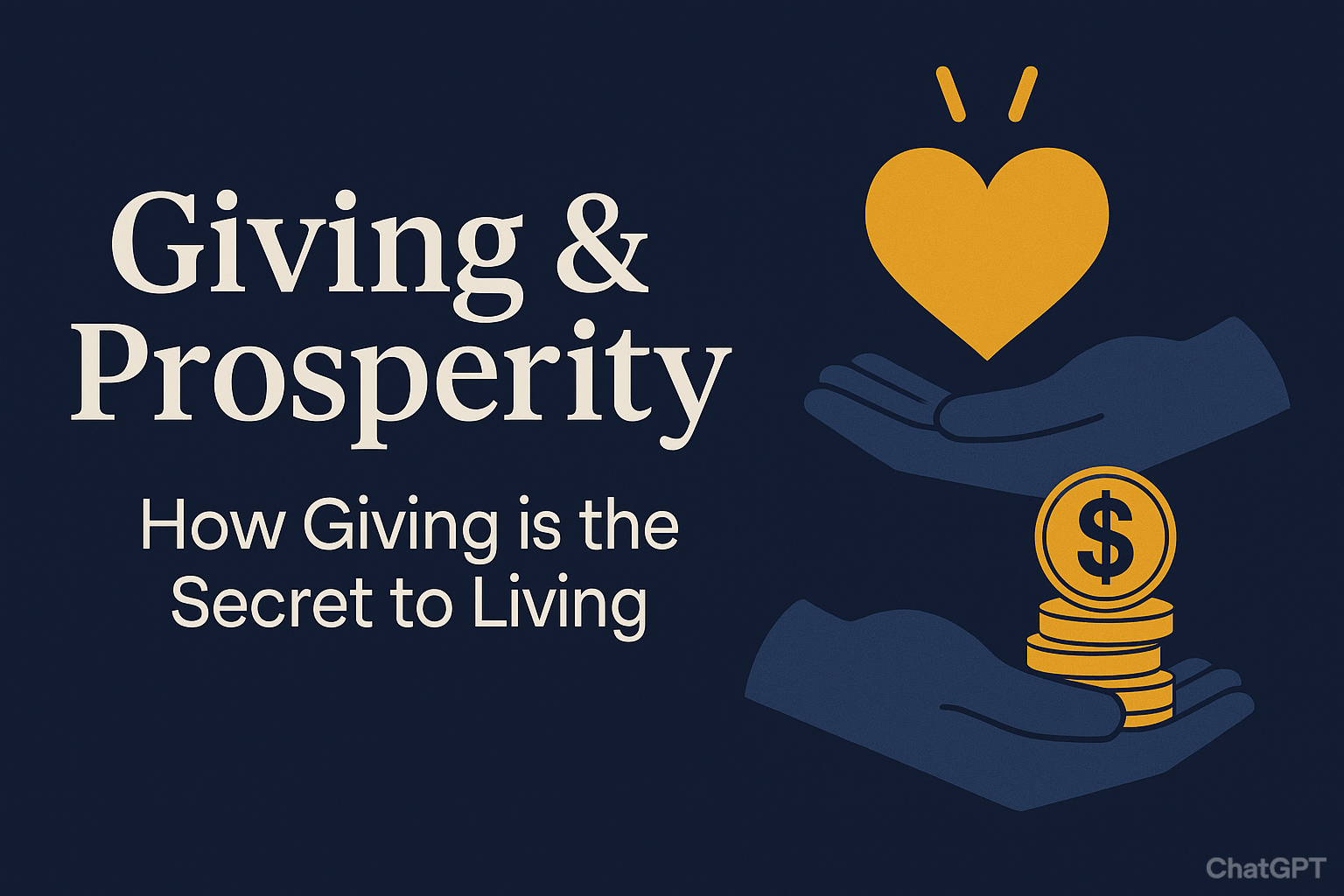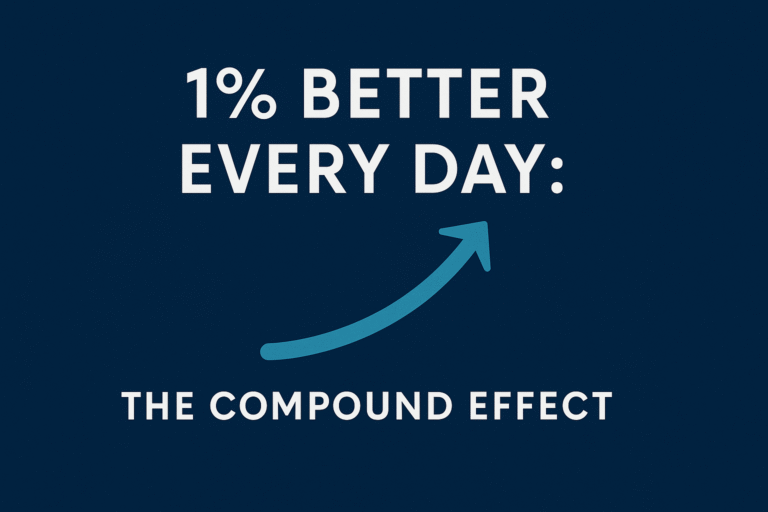If you’re in your late teens or early twenties, personal finance might feel like something you’ll deal with “later.” I get it—you’re probably focusing on school, starting a job, or trying to figure out how to make ends meet. But trust me, managing finances is a habit that everyone struggles with. The education system has failed to teach us financial education and we are hear to provide the most essential tips to apply immediately. Let’s break it down and show you just how to start managing personal finances right now.
Why Financial Awareness Matters
Let’s destroy one myth or default mindset that we have all been told at one point, and that is that making more money always takes care of financial stress. Or that money management does not matter when you aren’t making a ton of money. This is FALSE. The truth is it’s not about how much money you make it is about how you manage it. Don’t believe me?
I knew a close friend who recently got promoted to a management position making over six figures a year and was still living paycheck to paycheck. He didn’t have money saved and was struggling to meet his financial goals. Why is this so? The truth is the more we make the more we spend.
I have known many in this same scenario and used to believe that money management was common sense. But it isn’t and we are here to give you the foundations to personal finance in this guide. The key to avoiding financial stress is knowing exactly where your money is going every month. Starting to manage your personal finances early can help you avoid financial overwhelm.
Start Tracking Your Income and Expenses
Start simple. Download a finance app like Mint or YNAB (You Need a Budget) and start tracking. There is a ton of apps just like these that can be downloaded. Or create a spreadsheet in excel or google sheets if this is something you like to do.
Or if you’re not skilled in making spreadsheets, we don’t blame you, we have created an Ultimate Financial Budget Spreadsheet in our templates page on our website. It is completely FREE and gives a detailed breakdown of your finances every month.
You’d be surprised how quickly little expenses—like grabbing fast food or getting a coffee—add up. I used to think my spending was under control until I saw that I was spending over $100 a month on coffee alone. A reality check like that can make a huge difference.
Pro Tip: Track everything you spend for one week. You’ll get a real sense of where your money is going, and you can adjust from there. This is one of the first steps in managing your personal finances effectively.
Budgeting Basics for Beginners
Why doesn’t everyone do budgeting? Because budgeting is boring and not sexy, but we need to think of this our roadmap to achieve all our financial goals.. Without it, you’re flying blind. A good place to start is the 50/30/20 rule.
- 50% of your income goes to needs (rent, groceries, bills).
- 30% goes to wants (entertainment, dining out, hobbies).
- 20% goes to saving and debt repayment.
How to Build Your First Budget
Let’s say you’re making $2,000 a month after taxes. Here’s how that might break down:
- $1,000 for needs: Rent, groceries, utilities.
- $600 for wants: Movies, eating out, clothes.
- $400 for savings and debt: This is crucial for building your financial safety net.
When we first start out, we all make the mistake of spending too much on the “wants” category. Trust me, that new game console or those fancy sneakers can wait—building your financial foundation is more rewarding.
If we learn to do things that no one likes to do now, we will eventually live the life that everyone wants to live.
Mastering the art of budgeting is key to building a financial foundation.
Build an Emergency Fund—Starting Now
One of the biggest mistakes that everyone makes is not having an emergency fund. You might think, “I’m young, nothing major is going to happen to me.” But life is unpredictable. Whether it’s a car repair, medical bill, or sudden job loss, an emergency fund can save you from falling into debt from using credit cards.
Starting your emergency fund early is another crucial element when you start managing personal finances.
How to Start Building Your Emergency Fund
The goal is to save at least three to six months’ worth of expenses. Don’t stress if that sounds like a lot—start small. Even putting away $5 a week can build up over time. When I started, I used an automatic transfer to put $25 into my savings account every month, and it added up quickly without me even noticing. First goal should be at least $1000 in savings.
Getting a Handle on Debt
Debt is probably the scariest part of personal finance for most young people. Whether it’s student loans, credit card debt, or even a car loan, the key is to manage it before it manages you. Managing debt wisely is a key step in learning how to start managing personal finances effectively.
Types of Debt: The Good, Bad, and Ugly
- Good debt: Debt that helps you build wealth or contributes in making a return. This can be a home mortgage or business loan.
- Bad debt: High-interest debt, usually credit cards, is the worst. It can snowball quickly.
Student loans can be either good debt or bad debt if we ask the question of whether that education we got is reflecting in a huge return in monthly income. If not, it is bad debt. Ugly debt are high interest loans used to buy furniture or random stuff.
Prioritize Paying Off High-Interest Debt
If you have credit card debt, make paying it off your priority. Use the debt snowball (paying off the smallest balances first) or the debt avalanche (tackling high-interest debt first) methods to work your way out of debt faster. I went with the avalanche method, tackling my credit card debt with the highest interest first. It felt slow at first, but the moment I saw the interest charges drop, it was totally worth it.
Investing Early is Key
You’re probably thinking, “Investing? I barely have enough to cover my bills!” But hear me out—starting to invest now, even with small amounts, is one of the smartest things you can do. When you invest early, compound interest works in your favor.

Easy Investment Options for Beginners
- Index funds: These are low-cost, diversified, and perfect for beginner investors.
- ETFs: Like index funds but can be traded like stocks.
- Roth IRA or Traditional IRA 401k: Retirement accounts that include tax deferred income. Roth IRA takes taxes out now from your deposits versus traditional IRA will take taxes out after you withdrawal.
You can start small with apps like Robinhood or Acorns that make investing accessible with little money upfront. Or even beginning in investing in a 401k in your company or opening one separately. Some companies incentivize employees to invest early by matching their contributions up to a certain amount. If your company does 401k match this is where we highly encourage to start because it is free money for your future. The best time to plant a tree was a 100 years ago the next best time to plant a tree is today, same for your finances.
The goal is to start investing in something early because time is your best friend. The more time your money has the grow the more compound interest can work in your favor.
Creating a Strong Financial Mindset
If there’s one thing I’ve learned in my personal finance journey, it’s this: Mindset is everything. You can have the best budget and financial plan in the world, but if you don’t have the discipline to stick to it, you’re going to struggle.
Always start with why. Why do you want to create financial freedom? Is it to become rich? Possibly buy your dream home or dream car? Retire your parents or create a legacy? Your why is unique to you and there is no right or wrong. But we all need to have one because our “why” will anchor us to stick through the times when we want to give up.
Consistency Over Perfection
When it comes to personal finance, consistency beats perfection every time. It’s better to save a little bit every month than to save a lot once in a while. Practicing shooting a basketball 50 times a day for a year is better than just practicing shooting a basketball 500 times for just one day.
Starting to manage personal finances requires developing a mindset focused on discipline and consistency.
Conclusion: Start Now, Reap the Benefits Later
If you follow these steps, you’ll be well on your way to mastering your personal finances. It won’t happen overnight, but by taking small, consistent steps, you can start building a secure financial future. The best time to start managing personal finances is right now.
Have big dreams but set goals. Because dreams without goals are just dreams. Like my friend Zig Ziglar says, “If you aim at nothing you will hit it every time.”
References:
- Lusardi, Annamaria. “Financial Literacy and Education: The Importance of Financial Education.” Journal of Economic Literature 52.1 (2014): 5-44.
- Warren, Elizabeth, and Amelia Warren Tyagi. All Your Worth: The Ultimate Lifetime Money Plan. Free Press, 2005.
- Ramsey, Dave. The Total Money Makeover: A Proven Plan for Financial Fitness. Thomas Nelson, 2013.
- Bach, David. The Automatic Millionaire: A Powerful One-Step Plan to Live and Finish Rich. Crown Business, 2003.
- Orman, Suze. The Money Book for the Young, Fabulous & Broke. Riverhead Books, 2005.





